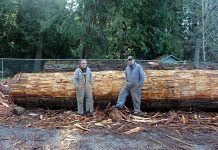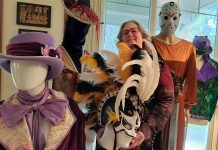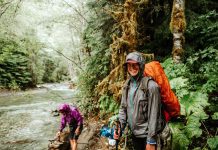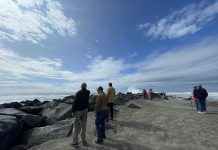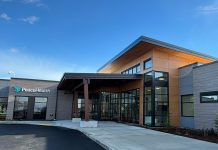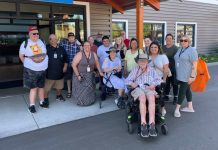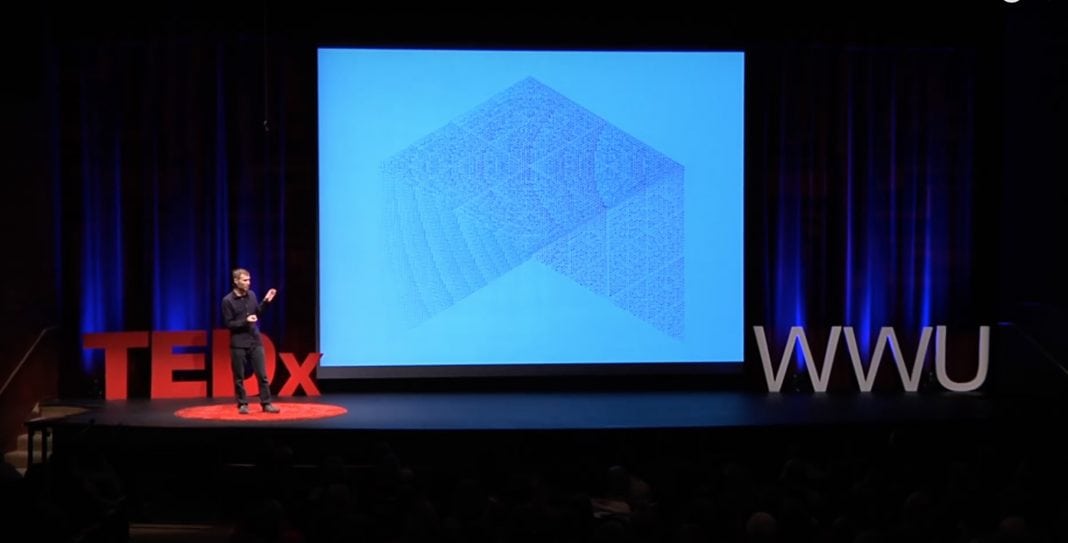On a red dot in the center of a stage, speakers from diverse backgrounds will have their voices heard – and in this way, their ideas will spread. Western Washington University hosts its fourth TEDx conference on March 3, with a variety of presentations and workshops from 14 community members.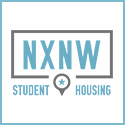
TEDx is an independently organized conference that allows communities to use a TED-like experience to host their own idea-sharing event. The experience is unique in that, unlike most lectures or professional presentations, the talks tend to carry a more conversational tone.
“Many people are left out of conversations because they don’t necessarily have the academic background or the vocabulary to follow along,” says student organizer, Emma Walter. “There’s something about the way that TED talks are created to fit this whole audience that, to me, blurs the line around educational inequality and who gets to access information or not.” Walter supports TED because it allows for a spread of information that is consumable for people who are usually excluded. With TEDx, she hopes to reach more people.
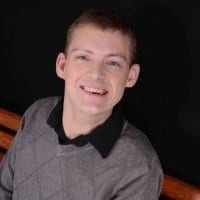
While the official TED program has the means to invite specific speakers to diversify their topics, TEDxWWU is formed from a pool of applicants. Our locally coordinated TEDx showcases concepts that are important to people in our community.
When the organizers were considering the design of the conference, they reflected on how to make the best use of the opportunity. “We thought, ‘Whose voices aren’t being heard or represented and how do we make this stage accessible to them? How do we stop perpetuating these systems where the same voices are always being heard and the same ideas are being put out, and how do we allow the important conversations to be had?’” says Walter.
On March 3, Daman Wandke will speak on a topic particularly important to him. “Accessibility is not one-size fits-all,” he says. “All people with disabilities are unique and have unique needs.”
Wandke is the founder of AbiliTrek, a hotel-booking site for people with disabilities. He plans to pivot his business model soon to include places like stores and restaurants. “We’re developing a Yelp-like review platform where people can rate and review the accessibility of any establishment,” he says. “Then people with disabilities can know if a place meets their unique needs.” Wandke will launch a 40-day funding campaign on March 1 to help make this new platform a reality.
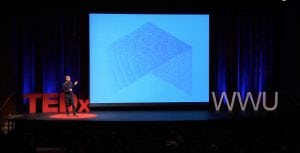
Wandke will use his time on the TEDx stage to spread awareness of issues around accessibility. For example, if the tables at a trendy restaurant are all barstool height, someone in a wheelchair can’t enjoy their meal on the same level as their loved ones. If there’s a step up into a doorway, someone could be simply barred from entering. He hopes his talk will raise awareness of the barriers that are designed into our cities. “It’s hard to know until afterwards what will come from the talk,” Wandke says. “Once it’s happened and we get it online, I’m excited to really expand that out into my network and my community.”
Local artist Lenny Moore gave a TEDx talk at Western in 2016 on the intersection of art and language. “Having the talk as a reference in my career is a great milestone,” he says. “It was an amazing opportunity to have my passions validated and that validation helps motivate me to continually push forward with my work.”

Moore has been singularly focused on developing a new system of numbers that, when used in math equations and transcribed onto paper, create beautiful fractal-like abstractions. He had been developing his ideas around his mathematical language for two years before giving his talk.
“Preparing my presentation forced me to take years’ worth of complex material and condense it into essentially about 12 minutes,” Moore says. “I’m naturally an over-explainer, so this was an exceptionally difficult talk, but it really helped me figure out how to relate to a diverse audience.”
If attendees are particularly moved by a speaker’s subject and want to continue with their new-found knowledge, organizers compile a selection of resources for following up, such as a pre-addressed form letter for a Senator or suggestions on organizations to support. “We really want people to come to our conference and have to digest a lot, and I think that we successfully did that,” says Walter. “We have a lot of powerful speakers from a lot of different backgrounds.”
Tickets for the TEDxWWU event can be found online or at the Performing Arts Center box office on campus. The conference will be held from 10:00 a.m. – 4:00 p.m., with workshops with select speakers taking place midday.



